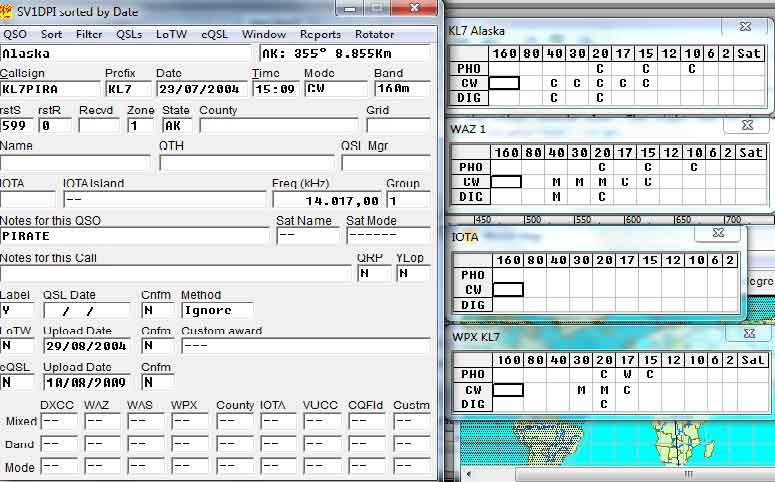


Such Feedback could help Product Developers to plan their ranges but until they solve the dilemma of Product Fit, Fit Options and Customer Perception of Size and Designers intended ease over the Body, a product or range success will still depend on ‘Getting It Market Right’ and probably eliminating the almost ‘Years Delay’ in the Seasonal Supply Chain between Idea and Delivery, by which time last Springs Winners for your competitor may not repeat a year later for you, says industry expert, Frank LomaxĢ. Hence, through AI we can actually create a personalised apparel shopping experience and hence derive more out of the retail than we are doing currently. E-commerce and M-commerce platforms, through AI capabilities, are able to leverage the information available about the customers, and their inclinations, similarities, and differences in the kinds of applications and products they seek for. AI can help computers identify images and recommend those products online which the customer is more likely to buy. Apparel Retail: Apparel retail, specifically, e-commerce, is driven by the fashions trending globally. As far from reach as it sounds, AI is a part of our daily lives: from Siri to Google search engine, to self-driving cars, customer service chat boxes and much more.ĭue to its labour intensive nature, apparel industry can seek great benefits out of the AI intervention in their businesses.ġ. But, apparel industry needs to do more to harness this power to achieve profit-driven business.ĪI, opposite to what is feared to be replacing people in the industry, can be used to embrace and create new opportunities. But if you google the definition of AI, it says “programs or systems that are designed to perform tasks requiring human intelligence: from visual perceptions, speech recognition, language translations, decision-making to autonomous weapons”.įurther to my last article on factories of the future, which characterised artificial intelligence to be one of the biggest business disrupters in the coming decades. We have seen science fictions portraying artificial intelligence as robots and near-human characters. An IDC research has predicted that the AI market will become worth more than $47 billion in 2020 growing from an $8 billion market in 2016. When compared to 2016, there has been a 300% percent growth in investments in Artificial Intelligence capabilities development in 2017 globally, as predicted by Forrester Research.


 0 kommentar(er)
0 kommentar(er)
